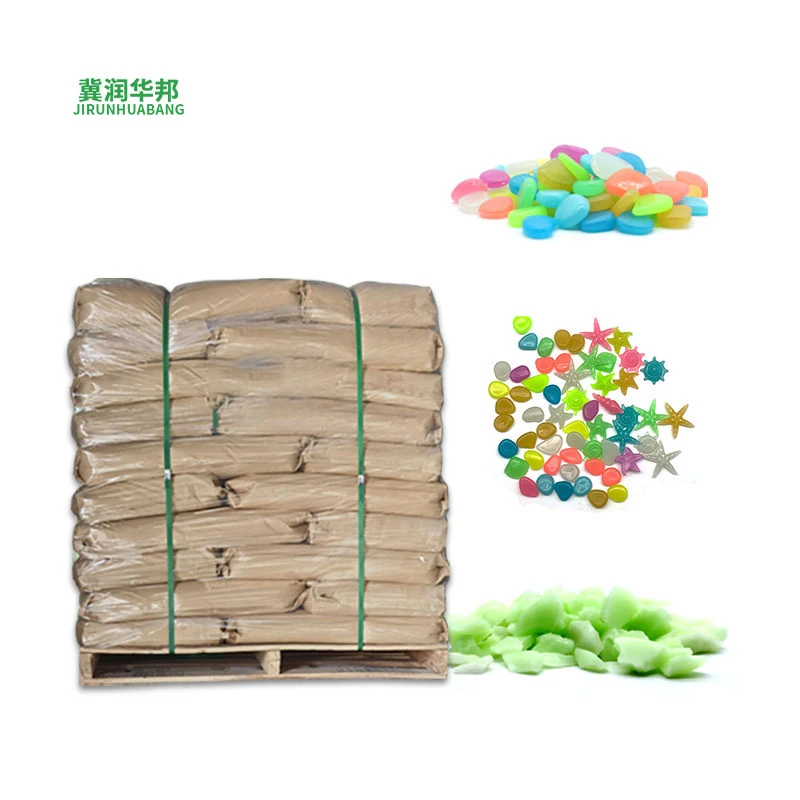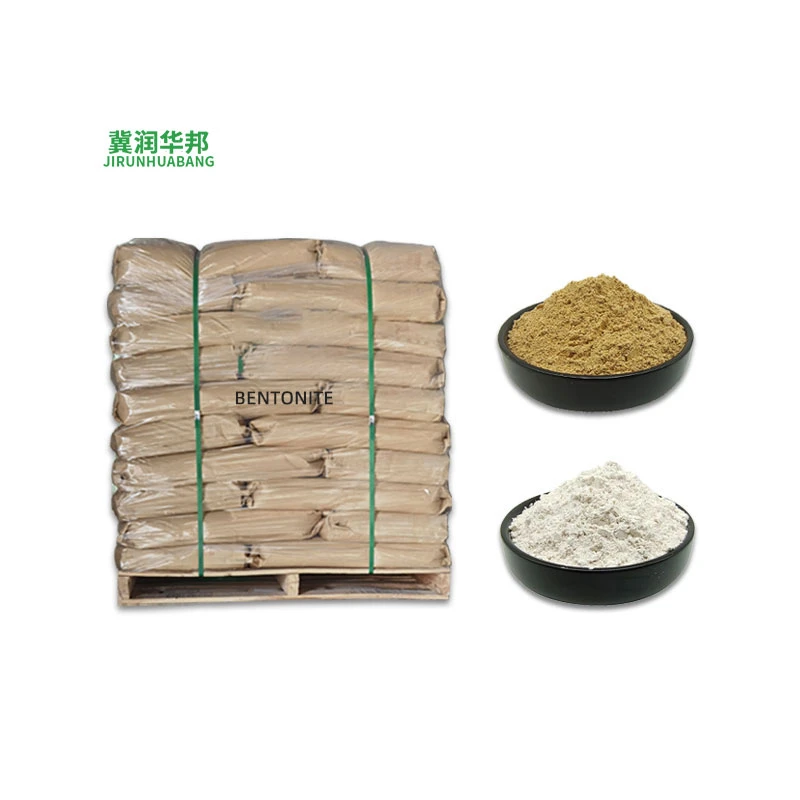polypropylene fibres for concrete
Back to list
3月 . 05, 2025 00:36
The use of polypropylene fibers in concrete is emerging as a transformative solution in the construction industry, bringing advanced benefits to traditional building materials. As a construction innovator, understanding the nuances and applications of concrete reinforced with polypropylene fibers can significantly enhance project outcomes, ensuring durability and resilience.
Add to this the inherent benefits of polypropylene's resistance to both chemical and physical degradation. Unlike steel reinforcement, which can corrode over time, polypropylene fibers are impervious to chemical attacks from salts, acids, and alkalis, making them a preferred choice for structures exposed to harsh environmental conditions. This chemical resistance translates into less maintenance and repair over the lifespan of the structure, culminating in significant long-term savings. Beyond these technical enhancements, the practical implications of using polypropylene fibers are equally compelling. These fibers are mixed directly into the concrete, simplifying the reinforcement process and eliminating the need for additional labor-intensive steps required for traditional reinforcement materials. This not only speeds up construction timelines but also reduces labor costs, offering a more efficient solution for construction teams. Moreover, polypropylene fibers are also lightweight and relatively inexpensive, making them an economically viable option for modern construction needs. They greatly enhance the cost-effectiveness of projects by reducing the amount of raw material required without compromising on strength or durability, thus providing a favorable cost-to-benefit ratio that is highly desirable in the construction sector. Environmental considerations also favor the use of polypropylene fibers. As sustainability becomes an increasing priority in construction, materials that contribute to longer-lasting structures are inherently more sustainable by reducing the need for frequent repairs and rebuilding. Additionally, polypropylene fibers have a lower carbon footprint compared to traditional reinforcements, aligning with eco-friendly construction practices. Polypropylene fibers for concrete thus stand at the forefront of modern construction materials. Their ability to improve the tensile strength, durability, and cost-effectiveness of concrete without compromising on either environmental or economic performance makes them an invaluable addition to construction projects. With their proven advantages in enhancing structural performance and lifespan, investing in polypropylene fibers can significantly increase the success and sustainability of future construction endeavors.


Add to this the inherent benefits of polypropylene's resistance to both chemical and physical degradation. Unlike steel reinforcement, which can corrode over time, polypropylene fibers are impervious to chemical attacks from salts, acids, and alkalis, making them a preferred choice for structures exposed to harsh environmental conditions. This chemical resistance translates into less maintenance and repair over the lifespan of the structure, culminating in significant long-term savings. Beyond these technical enhancements, the practical implications of using polypropylene fibers are equally compelling. These fibers are mixed directly into the concrete, simplifying the reinforcement process and eliminating the need for additional labor-intensive steps required for traditional reinforcement materials. This not only speeds up construction timelines but also reduces labor costs, offering a more efficient solution for construction teams. Moreover, polypropylene fibers are also lightweight and relatively inexpensive, making them an economically viable option for modern construction needs. They greatly enhance the cost-effectiveness of projects by reducing the amount of raw material required without compromising on strength or durability, thus providing a favorable cost-to-benefit ratio that is highly desirable in the construction sector. Environmental considerations also favor the use of polypropylene fibers. As sustainability becomes an increasing priority in construction, materials that contribute to longer-lasting structures are inherently more sustainable by reducing the need for frequent repairs and rebuilding. Additionally, polypropylene fibers have a lower carbon footprint compared to traditional reinforcements, aligning with eco-friendly construction practices. Polypropylene fibers for concrete thus stand at the forefront of modern construction materials. Their ability to improve the tensile strength, durability, and cost-effectiveness of concrete without compromising on either environmental or economic performance makes them an invaluable addition to construction projects. With their proven advantages in enhancing structural performance and lifespan, investing in polypropylene fibers can significantly increase the success and sustainability of future construction endeavors.
Share
Previous:
